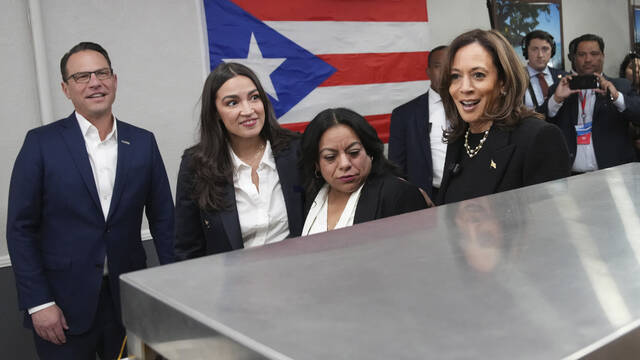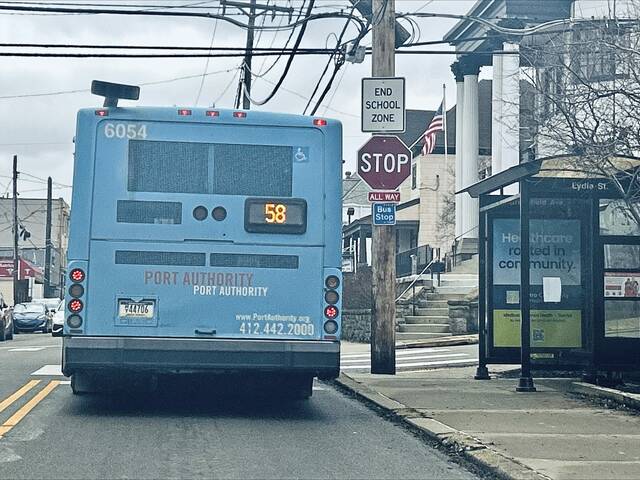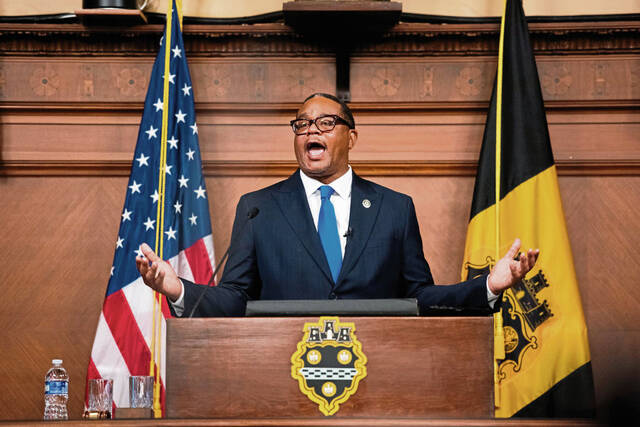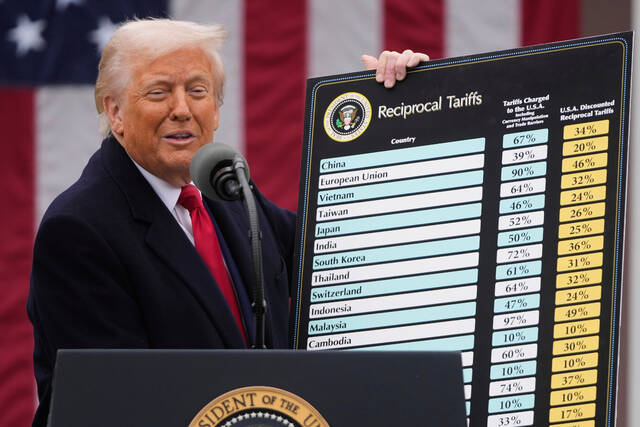Pennsylvania was once known as “the steel capital of the world.” We have grown and diversified beyond that distinction some time ago, but steel remains a sizable component of the commonwealth’s economy. More than 30,000 workers are directly employed in the industry, producing more than $20 billion in economic output.
When the president imposed tariffs on imported steel and aluminum last year, many of our state’s lawmakers agreed. We think tariffs were the wrong move, but the political response might be understandable from a purely parochial — and short term — point of view.
While generally a harsh critic of the Trump administration, Sen. Bob Casey has stood closely with the president in arguing for what he calls “a level playing field.”
Here’s the problem.
Tariffs don’t create a “level playing field.” They tilt the field in favor of one industry over others. In this case, while we might see some temporary gains for a few, we will see damage to millions more who aren’t being singled out by the government for special treatment.
So, as steel prices are driven artificially higher, downstream manufacturers that use steel as an input literally pay the price by eliminating jobs or raising prices or both, hurting workers and consumers.
This is a lesson we should have learned in the past. When President George W. Bush imposed steel import restrictions in 2002, it cost more than 200,000 workers their jobs — more than the total number of people employed in the steel industry.
Setting aside one’s views on trade policy, increasing tariffs raises an important question which dates back to the founding of our republic. Namely, where should the authority rest to approve them?
Tariffs are taxes by another name. No president should be able to impose taxes on the American people without a vote in Congress. And yet, by ceding too much authority over tariff increases to the executive branch, Congress has removed itself from the process of deciding how much we pay in taxes.
As a member of the Senate Finance Committee and senior Democrat on the Subcommittee on International Trade, Customs and Global Competitiveness, Casey has a responsibility to defend the Senate’s constitutional authority here.
Article I, Section 8 of the Constitution grants Congress the power “To regulate Commerce with foreign Nations.” For over a half century, the legislative branch has progressively relinquished that power to the White House.
It’s time to begin reversing that trend.
Senate Finance Committee Chairman Chuck Grassley, R-Iowa, is crafting bipartisan legislation to increase congressional accountability over tariff policy by giving Congress a vote when the president imposes or raises tariffs. This is a fight Casey should join. Indeed, given the state he represents and his role as ranking member of a trade-focused subcommittee, it’s a fight he should lead.
This debate is about more than whether one industry needs or deserves protection, and it’s about far more than any one president.
If this is not quite taxation without representation, it’s close.
By abdicating its constitutional responsibility over tariff policy, Congress bears some measure of responsibility for the trade war mess we’re in — but Casey can chart a new path forward. We urge him to work across the aisle to ensure that, when it comes to tariffs, the people’s representatives can actually represent the people.
Ashley Klingensmith is state director of Americans for Prosperity-Pennsylvania.








